PASSPORT TO GLOBAL BUSINESS ETIQUETTE
THE BRIC COUNTRIES
TERRI MORRISON
WAYNE A. CONAWAY


Copyright 2010 by Terri Morrison. All rights reserved. Printed in the United States of America. Except as permitted under the United States Copyright Act of 1976, no part of this publication may be reproduced or distributed in any form or by any means, or stored in a database or retrieval system, without the prior written permission of the publisher.
ISBN 978-0-07-174662-5
MHID 0-07-174662-5
A portion of the material in this e-book is drawn from the Kiss, Bow, or Shake Hands online database.
McGraw-Hill books are available at special quantity discounts to use as premiums and sales promotions or for use in corporate training programs. To contact a representative, please e-mail us at bulksales@mcgraw-hill.com.
Contents
Introduction
Back in 1952, a reporter asked the famous U.S. bank robber Willie Sutton why he robbed banks. Suttonwho stole an estimated $2 million over a 40-year careerallegedly replied, Because thats where the money is.
The world changes. If you want to know where the money is going to be in the 21st century, look at Brazil, Russia, India, and China. These countries, collectively, are referred to as the BRIC countries. They have been identified as having the potential to be the financial powerhouses of the not-so-distant future. So if you plan to do business globally, its wise to become knowledgeable about the BRICs.
In 2007, the United Nations Department of Economic and Social Affairs released demographic data which showed that the BRIC countries already comprised 42% of the worlds population. The specific statistics were:
 Brazil3%
Brazil3%
 Russia2%
Russia2%
 India17%
India17%
 China20%
China20%
Meanwhile, five of the leading developed nations made up only 10% of the population. Specifically:
 United States5%
United States5%
 United Kingdom1%
United Kingdom1%
 Germany1%
Germany1%
 France1%
France1%
 Japan2%
Japan2%
Add the aging workforce to these statistics, and it foreshadows a tectonic shift in global demographics, buying power, and the labor force. These four powerful markets are very culturally diversewith hundreds of different languages, and a multitude of business practices and social traditions.
The BRIC countries will require innovative ways of thinking about marketing, branding, sales relationships, and employment. Understanding the cultural traditions, needs, and sensitivities of this changing consumer and labor base is a strategic priority for any global businessperson.
Besides the obvious statistical data, there is the allure of doing business in each of these countriessimply for the exciting cultural diversity inherent in each of them. Mahatma Gandhi said, Civilization is the encouragement of differences. Through this phrase, Gandhi recognizes Indias diverse languages, religions, and cultures as assets, and understanding the unique cultures of the BRIC countries will help you take advantage of their potential.
Passport to Global Business Etiquette: The BRIC Countries will help you greet, negotiate, and entertain your prospects and clients. This book will give you the quick facts you need to avoid faux pas and protect your investment in these exciting countries. Be ready to go where the money is. But first, do your research.
Brazil
Federative Republic of Brazil
Local Short Form: Brasil
Local Long Form: Repblica Federativa do Brasil

Even in 2009, Brazils economy grew at an annual rate of 5%. It is projected to become the worlds fifth-largest economy by the latter half of the decade, surpassing Great Britain and France. And besides the economics, Brazil is alluring because it will be hosting the World Cup in 2014 and the Summer Olympics in 2016!
Tips on Doing Business
 Brazilians do not consider themselves to be Hispanics, and they resent being spoken to in Spanish. Be sure all your documentationincluding business cardsis printed in both Portuguese and your native language.
Brazilians do not consider themselves to be Hispanics, and they resent being spoken to in Spanish. Be sure all your documentationincluding business cardsis printed in both Portuguese and your native language.
 Brazil is Latin Americas largest and most populous country. Be certain to understand the cultural background of your Brazilian clientit is a hugely diverse nation, and an individuals ethnicity and/or language can range from Portuguese to Japanese to Egyptian to German.
Brazil is Latin Americas largest and most populous country. Be certain to understand the cultural background of your Brazilian clientit is a hugely diverse nation, and an individuals ethnicity and/or language can range from Portuguese to Japanese to Egyptian to German.
 Brazilians once had a monopoly on the production of natural rubber. They lost it when British adventurers stole rubber tree seeds and successfully grew rubber in East Asia. Ever since, Brazilians have been sensitive to real or perceived theft of their natural resources. Today there is new emphasis placed on Brazils proprietorship of the biodiversity of the Amazon.
Brazilians once had a monopoly on the production of natural rubber. They lost it when British adventurers stole rubber tree seeds and successfully grew rubber in East Asia. Ever since, Brazilians have been sensitive to real or perceived theft of their natural resources. Today there is new emphasis placed on Brazils proprietorship of the biodiversity of the Amazon.
Know Before You Go
Crime rates continue to spiral in cities like Rio de Janeiro. Travelers should take precautions when working late or traveling alone in various urban areas. Air and water pollution can be serious issues in Rio de Janeiro, So Paolo, and several other large cities.
Business Practices
Business practices are driven by personal relationships. Always develop a personal rapport in a business environment.
Punctuality, Appointments, and Local Time
 A lack of punctuality is a fact of life in Brazil. Become accustomed to waiting at least 15 or 20 minutes for your Brazilian counterpart. Never take umbrage at someone for being late.
A lack of punctuality is a fact of life in Brazil. Become accustomed to waiting at least 15 or 20 minutes for your Brazilian counterpart. Never take umbrage at someone for being late.
 Avoid any business transactions around Carnival, which is celebrated for up to a week before Lent begins on Ash Wednesday. The most spectacular festivities culminate on Fat Tuesday.
Avoid any business transactions around Carnival, which is celebrated for up to a week before Lent begins on Ash Wednesday. The most spectacular festivities culminate on Fat Tuesday.
 Make appointments at least one week in advance. Never try to make impromptu calls at business or government offices.
Make appointments at least one week in advance. Never try to make impromptu calls at business or government offices.
 Try to make your appointments between 10:00 A.M. and noon, so that your business runs into lunch. It is important to host a good meal with a Brazilian prospect; it is a key part of building a relationship.
Try to make your appointments between 10:00 A.M. and noon, so that your business runs into lunch. It is important to host a good meal with a Brazilian prospect; it is a key part of building a relationship.


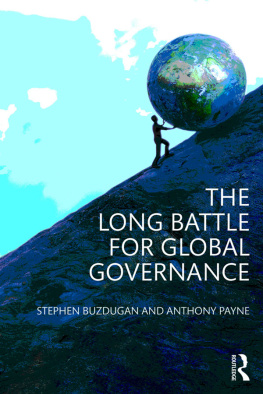
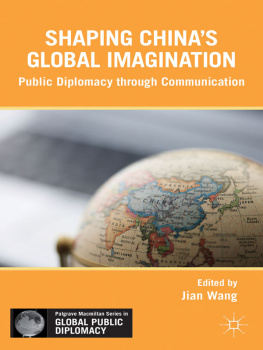
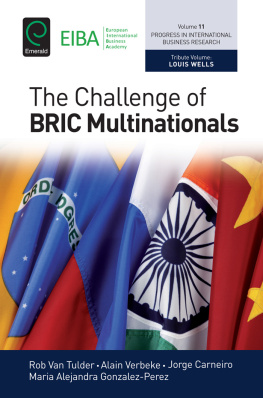


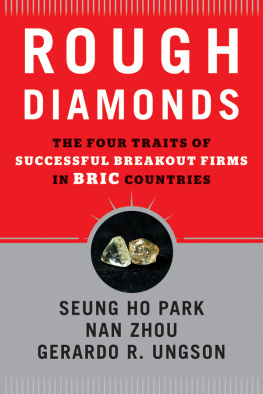
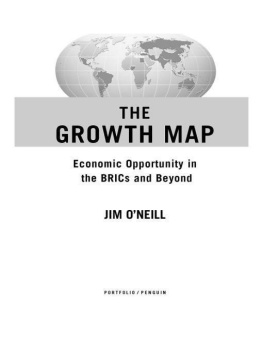


 Brazil3%
Brazil3%